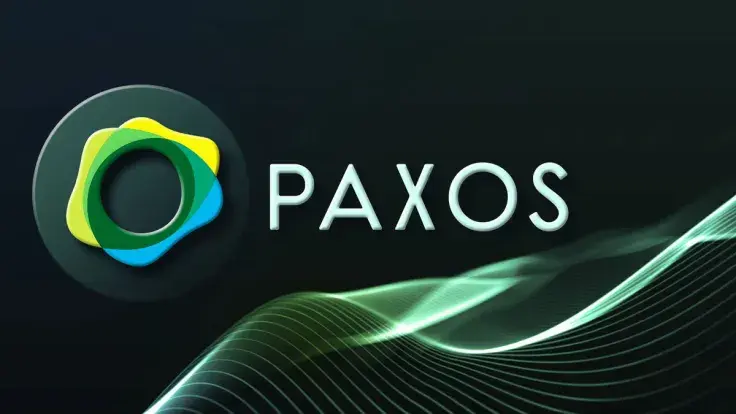
Disclaimer: The opinions expressed by our writers are their own and do not represent the views of U.Today. The financial and market information provided on U.Today is intended for informational purposes only. U.Today is not liable for any financial losses incurred while trading cryptocurrencies. Conduct your own research by contacting financial experts before making any investment decisions. We believe that all content is accurate as of the date of publication, but certain offers mentioned may no longer be available.
The New York Department of Financial Services has dealt a blow to the cryptocurrency sector by directing Paxos Trust Co. to halt the issuance of one of the largest dollar-pegged cryptocurrencies. The clampdown on the sector is increasing, with the government focusing on providing greater oversight of the industry.
Paxos, which manages Binance's BUSD token, has been ordered to stop creating more tokens. However, they will continue to manage redemptions of the product, according to a Binance statement.
The news comes at a time when SEC chief Gary Gensler has announced that the regulator will concentrate on increasing its surveillance of the staking industry. This news has caused alarm among investors who hold their funds on centralized staking platforms, which is why some decentralization enthusiasts are calling Gensler's desire to control the industry "bullish" for decentralized staking.
The regulatory clampdown on the cryptocurrency sector is a growing concern for market participants. The uncertainty surrounding the industry has led many to question the future of cryptocurrencies, and it remains to be seen what other regulatory actions may be taken in the coming months. Despite the uncertainty, many remain optimistic that cryptocurrencies will continue to play a vital role in the financial landscape, and the recent clampdown will only strengthen the industry in the long term.
Recently, the Securities and Exchange Commission had taken action and charged Payward Ventures, Inc., and Payward Trading Ltd., more commonly referred to as Kraken, with neglecting to register its offering and sale of the staking-as-a-service program for its crypto assets. The program entailed investors transferring their crypto assets to Kraken for staking, in exchange for advertised annual investment returns that could reach up to 21%.

 Vladislav Sopov
Vladislav Sopov Dan Burgin
Dan Burgin